
Robert Gentleman, PhD
Executive Director, Center for Computational Biomedicine Harvard Medical School, Massachusets, United States
Dr. Robert Gentleman is the founding executive director of Harvard Medical School’s Center for Computational Biomedicine. An accomplished statistician and bioinformatician, Dr. Gentleman is one of the creators of the R programming language and a founder of the Bioconductor project, an open-source collaborative software tool to promote statistical analysis of biological data. He has served as vice president of 23andMe, where he helped launch their therapeutic division, and as senior director for bioinformatics and computational biology at Genentech. He was head of computational biology at the Fred Hutchinson Cancer Research Center and held academic positions at Harvard University, University of Auckland and the University of Waterloo. Dr. Gentleman’s research interests are related to genomics, machine learning, data visualization, and the application of statistical and computational methods to study human disease.
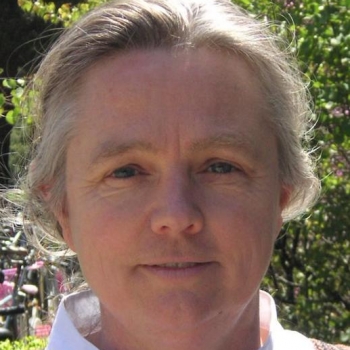
Susan Holmes
Professor of Statistics, Stanford University, California, United States
Trained in the French school of Data Analysis in Montpellier, Susan Holmes has been working in non parametric multivariate statistics applied to Biology since 1985. She has taught at MIT, Harvard and was an Associate Professor of Biometry at Cornell before moving to Stanford in 1998. She created the Thinking Matters class: Breaking Codes and Finding patterns and likes working on big messy data sets, mostly from the areas of Immunology, Cancer Biology and Microbial Ecology. Her theoretical interests include applied probability, MCMC (Monte Carlo Markov chains), Graph Limit Theory, Differential Geometry and the topology of the space of Phylogenetic Trees. Her current focus is improving the statistical analyses and reproducibility of data in perturbation studies of the Human Microbiome.
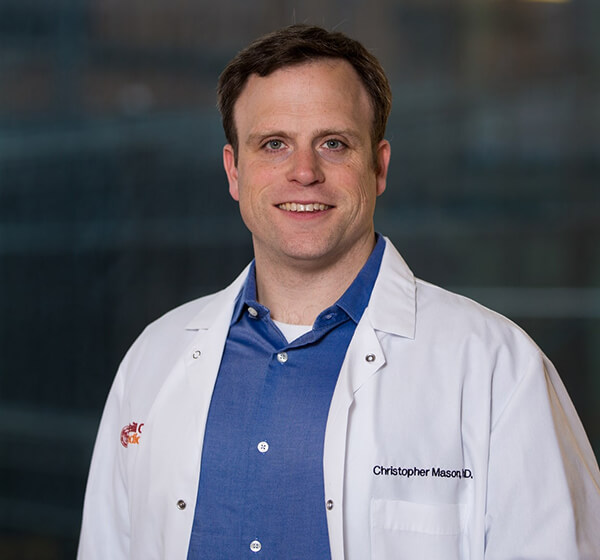
Christopher E. Mason, PhD
Professor of Genetics & Computational Biology, Weill Cornell Medical College
Dr. Mason’s lab utilizes computational and experimental methodologies to identify and characterize the essential genetic elements that guide the function of the human genome. His research is aimed at creating detailed cell-specific molecular maps of genetic, epigenetic, transcriptional, and translational activity, creating a draft of the molecular recipe for the creation of the brain. Having received his BS in Biochemistry and Genetics from the University of Wisconsin, Dr. Mason obtained his PhD in genetics from Yale University. He has served as the Principal Investigator of PathoMap, a research project dedicated to elucidating the metagenomic geographic distribution of taxa from highly-trafficked surfaces found in the New York City.
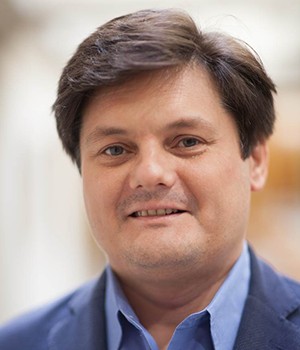
Shamil Sunyaev, PhD
Professor of Biomedical Informatics, Harvard Medical School
Professor of Medicine, Brigham and Women’s Hospital
Shamil Sunyaev is a computational genomicist and geneticist. Research in his lab encompasses many aspects of population genetic variation including the origin of mutations, the effect of allelic variants on molecular function, population and evolutionary genetics, and genetics of human complex and Mendelian traits. He developed several computational and statistical methods widely adopted by the community. Sunyaev obtained a PhD in molecular biophysics from the Moscow Institute of Physics and Technology and completed his postdoctoral training in bioinformatics at the European Molecular Biology Laboratory (EMBL). He is an Associate Member at Broad Institute of MIT and Harvard. He co-leads the NHGRI-funded Genome Sequencing Program Analysis Center and is actively involved in the Undiagnosed Diseases Network and in the Brigham Genomic Medicine program. He also co-organizes the Boston Evolutionary Genomics Group.

Wolfgang Huber
Group Leader and Senior Scientist, EMBL, Germany
Dr Huber’s team studies biological systems by developing statistical and computational methods for the analysis of new data types and novel, large systematic datasets. These include single-cell and spatial omics, high-throughput drug- and CRISPR-based perturbation assays, and quantitative imaging. Projects range from applied data analysis for biological discovery to theoretical method development. His group studies fundamental biological model systems, as well as clinical samples for direct applications in biomedicine and precision oncology.
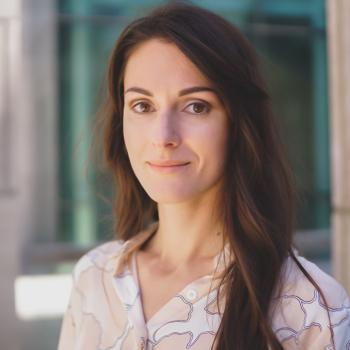
Linda Kachuri, Ph.D., M.P.H.
Assistant Professor of Epidemiology and Population Health Stanford University, California, United States
Dr. Linda Kachuri is an Assistant Professor in the Department of Epidemiology and Population Health at Stanford University and Member of the Stanford Cancer Institute. As a cancer and genetic epidemiologist her research synthesizes methods from population health, statistical genetics, population genetics, and bioinformatics. Her work focuses on unravelling genetic mechanisms of cancer susceptibility and leveraging genetic data to improve risk prediction. Her methodological interests include development of polygenic risk scores (PRS) view a towards reducing disparities, integrative analyses of transcriptomic and proteomic data, and methods for causal inference, such as Mendelian Randomization.

Alexander Zelikovsky
Ph.D., Distinguished University Professor, Department of Computer Science , Georgia State University, Atlanta, GA, United States
Dr. Zelikovsky is known for an approximation algorithm for the minimum Steiner tree problem with the approximation ratio 1.55. Other areas of interest of Prof. Zelikovsky are bioinformatics; discrete algorithms and combinatorial optimization; computer-aided design for very large system integration; physical design & design for manufacturing; computational biology; graph theory; computational geometry.
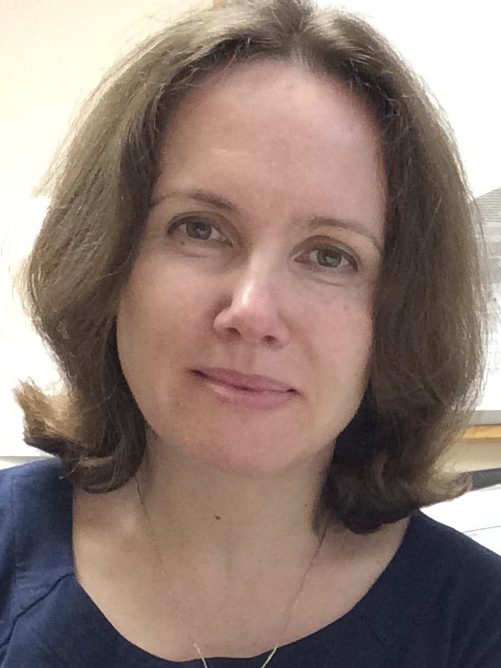
Polina Shcherbakova
Professor, Eppley Institute for Research in Cancer and Allied Diseases, University of Nebraska Medical Center, Nebraska, United States
Dr. Polina Shcherbakova’s Research addresses the origin of mutations that create genetic variability and cause human diseases, particularly cancer. The laboratory employs a variety of experimental systems, including yeast Saccharomyces cerevisiae, cultured normal and cancerous human cells, mouse models of tumorigenesis, human clinical samples, and biochemical reconstitution of mutagenic processes with purified proteins. Current bioinformatics-related projects are focused on the effects of DNA sequence context and DNA secondary structure on the type and frequency of mutations; the evolution of mutational processes in experimental models and human tumors; the development of mutational signature-based tools for clinical classification of tumors; and the application of computational methods in the discovery of novel mutation avoidance mechanisms.
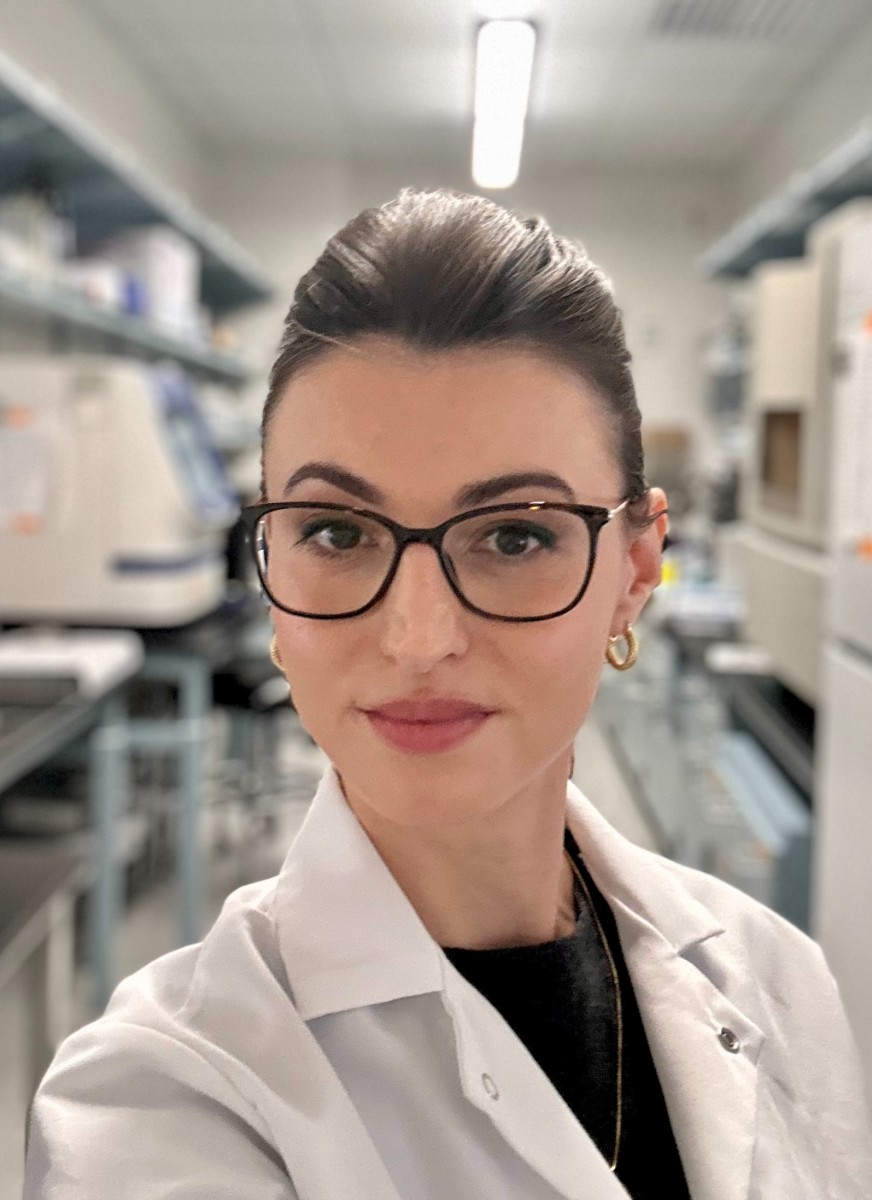
Iryna Goraichuk
Ph.D., Research Scientist, Agriculture Research Service,
US Department of Agriculture, Georgia, USA
Dr. Iryna Goraichuk is a scientist at the US Department of Agriculture, specializing in the optimization of sequencing conditions. She earned her MSc in Medical Physics at the Karazin Kharkiv National University and PhD in Biotechnology at the Palladin Institute of Biochemistry. Dr. Goraichuk’s research focuses on genomic and epidemiological aspects of avian viruses, particularly those exotic and emerging in the United States. Her dedication to optimizing sequencing settings is aimed at enhancing the ability to comprehensively sequence genomes of RNA viruses, with a primary focus on highly pathogenic avian influenza viruses. Deeply passionate about next-generation sequencing technologies, Dr. Goraichuk’s expertise and interests are in understanding viral genetic diversity, evolution, transmission dynamics, and host adaptation.
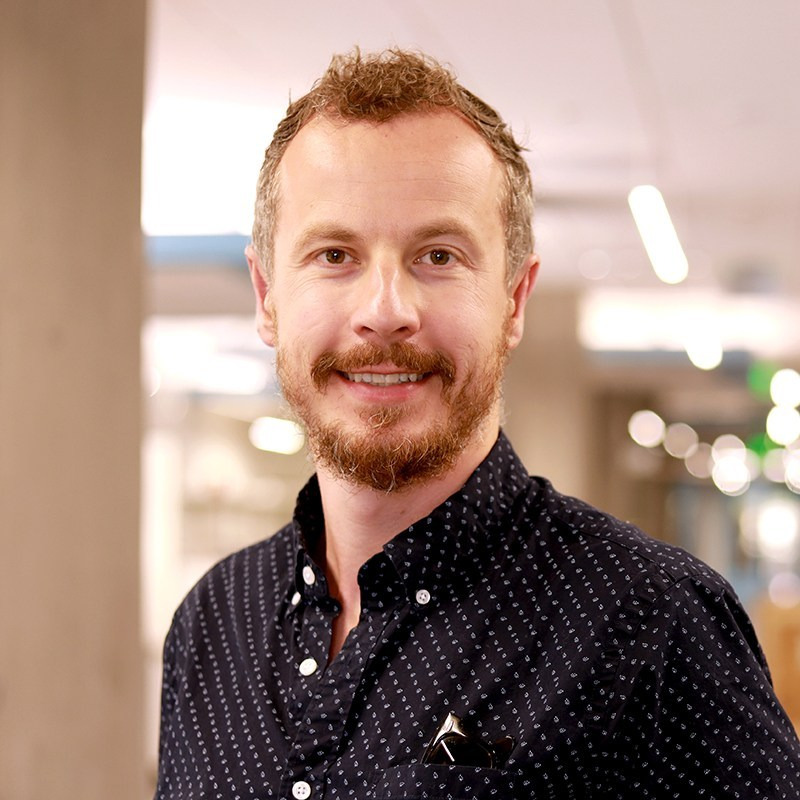
Serghei Mangul
Bioinformatics of Ukraine Founder and Co-Director
Ph.D, Assistant Professor of Bioinformatics at the University of Southern California in Los Angeles, California, United States
Serghei Mangul specializes in the design, development, and application of novel data-driven computational approaches to accelerate the diffusion of genomics and biomedical data into translational research and education. He is a passionate advocate for promoting transparency and reproducibility in data-driven biomedical research, as well as for making bioinformatics education accessible to all. Dr. Mangul’s work is dedicated to advancing the principles of reproducibility, data sharing, and software usability, with the ultimate goal of shaping a more equitable and impactful future for the field of bioinformatics.
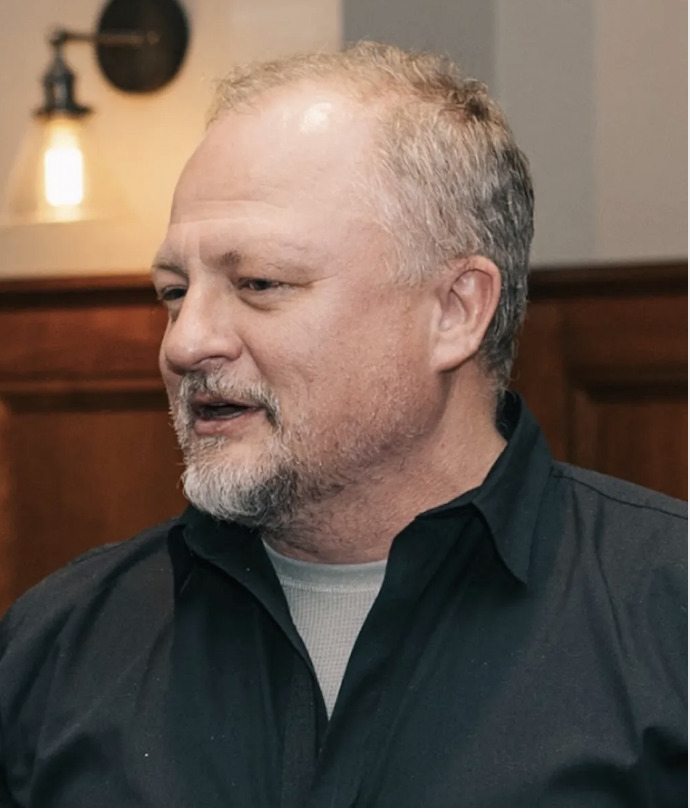
Taras K Oleksyk
Bioinformatics of Ukraine Founder and Co-Director
Ph.D. Associate professor, Department of Biological Sciences, Oakland University, Michigan.
Dr. Oleksyk holds a PhD in Toxicology from the University of Georgia, an MS in Biology from Bowling Green State University, and a B.Sc. in Biology from Uzhhorod National University, Ukraine. He has a diverse background in genomics and scientific research, with a postdoctoral fellowship at the National Cancer Institute, National Institute of Health, and previous teaching positions at JHU and the University of Puerto Rico at Mayaguez. His research interests include human population genetics, comparative genomics, environmental toxicology, and genetic epidemiology. Dr. Oleksyk’s expertise lies in studying genome diversity and its implications for evolutionary processes, adaptation, and speciation.
